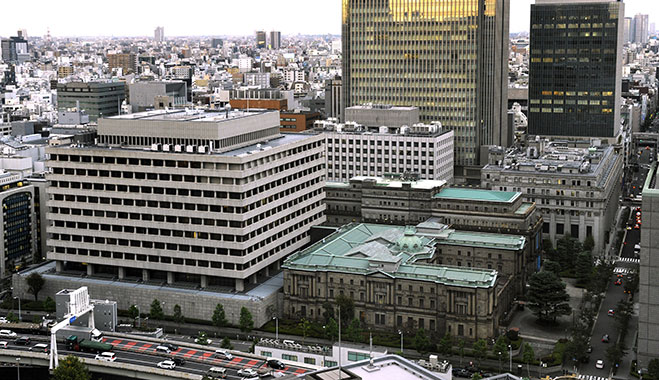
Japanese consumer inflation rose for its tenth consecutive month this March, buoyed by rising energy bills and electricity costs, as well as increasing demand for household goods.
Excluding the country’s typically volatile fresh food prices, Japan’s consumer prices rose 1.3 percent year-on-year and have somewhat reaffirmed the effectiveness of the country’s recent tax hike in boosting inflation.
The consumer price results should be seen as a success for the BoJ
The anti-deflationary results are most pronounced in Tokyo, where preliminary data suggests that consumer prices have surged some 2.7 percent year-on-year in April, signalling an impressive gain on the one percent equivalent a month previous.
Above all, the results show that Japan’s April tax hike is having the desired effect in terms of averting the deflationary trappings.
The results come hot on the tail of Japan’s contentious tax hike, which saw the powers that be bump up the sales tax from five to eight percent at the beginning of April. Although the vast majority of Japanese consumers greeted the rise with skepticism, the country’s central bank estimates that the rise will tag an additional 1.7 percentage points to April’s consumer inflation rate.
The consumer price results should be seen as a success for the BoJ, who have again succeeded in ridding the customarily volatile economy of its deflationary tendencies. What’s more, consumer price inflation illustrates the competency of Japanese business owners, who have succeeded in passing along the added expenditure to consumers; calming the nerves of some who feared they might not.
Now that the economy has set itself straight on the road to inflation, the question today is whether or not companies will raise wages to accommodate. Figures show that wages in real terms, as of February, fell 1.9 percent year-on-year, which suggests that businesses are yet to reward the BoJ’s efforts with any wage increases.
Shinzo Abe has taken pains to make clear the merits of companies raising wages, however, many remain unwilling to instigate a rise until the country consistently reaches its two percent inflation target.


